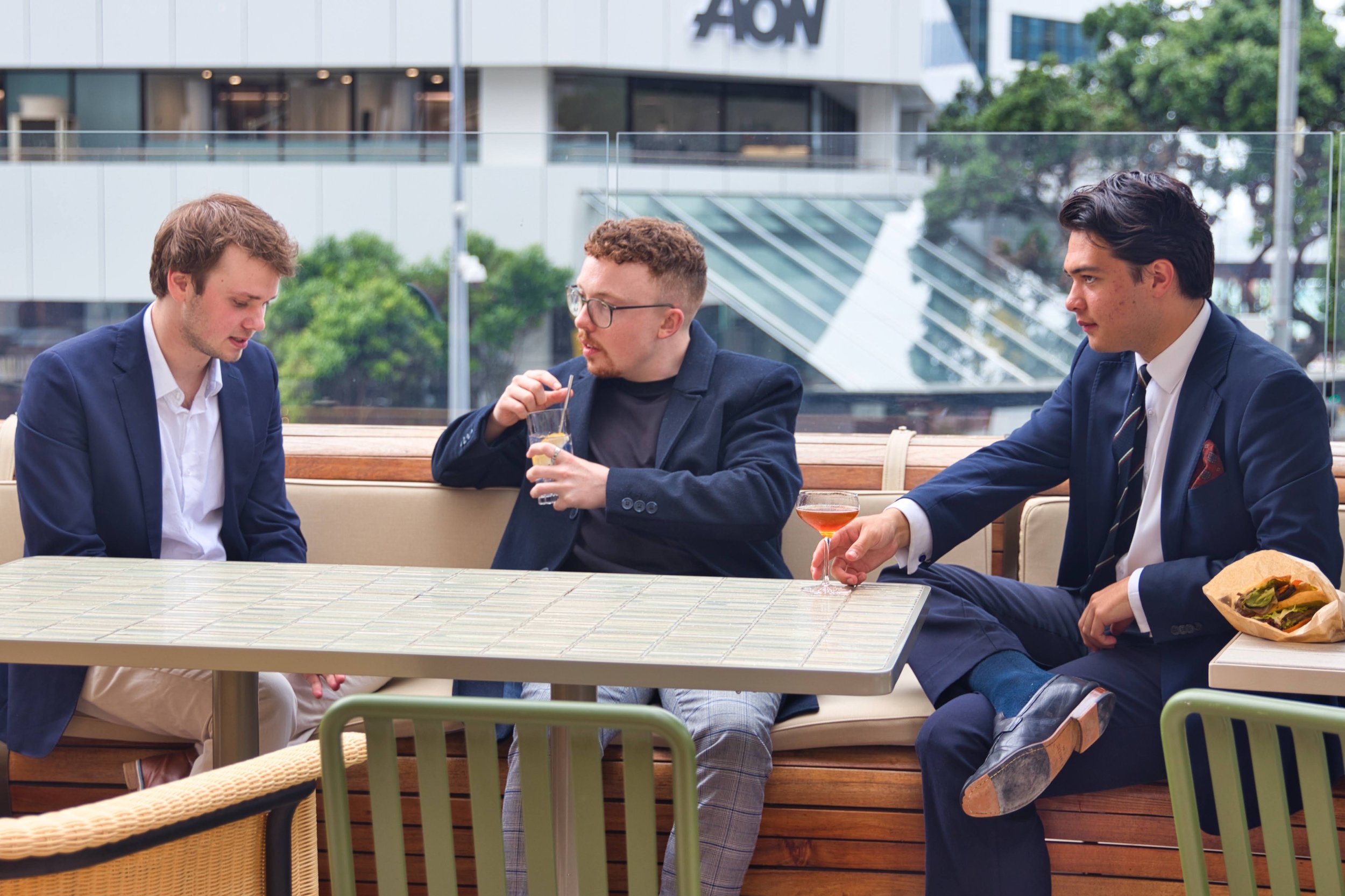Cameron, in this article published in The Star.
One of Startup Dunedin’s core values is that innovation requires success and failure.
That failure part? Turns out it’s pretty important. In fact, failure can be just as much of a success as, well, success. The lessons you learn, the skills you pick up, and the connections you make can be the spark that ignites the next big flame.
For Cameron Templer, who founded the now-closed startup Yezmac, the journey has just begun.
We sat down with Cam for a quick Q&A on the ups and down that came with his entrepreneurial journey and the decision to close Yezmac.
Startup Dunedin: What problem was Yezmac trying to solve?
Cam: The problem Yezmac was trying to solve was ticket scalping and scamming which occurred in secondary ticketing markets.
This pain was experienced by consumers globally costing more than $1b annually. While there were many other problems my software solved, ticket scalping and scamming were, in my opinion, the main painful problem to focus on. However, I found out later that this hypothesis was incorrect.
Startup Dunedin: What process did you follow when invalidating the problem that Yezmac solves?
Cam: After thinking the customers I had spoken to were interested in using my product, when came down to talking money everyone went cold on me.
Now this was weird considering these music promoters made it clear to me that this is an issue and they would want to implement my product into their business.
This wasn't the case.
I believe that while my product solved a problem, the problem actually wasn't as painful as I thought so customers didn't actually want to pay for it.
Or, the timing for blockchain/NFT's wasn't right. I actually don't know, all I know is that nobody was willing to actually pay for it. In essence, I spoke to my customers. It's as simple as that.
Startup Dunedin: What circumstances meant the opportunity wasn’t worthwhile to pursue? E.g Livenation monopoly?
Cam: Realising that customers didn't want my product sucked, but it didn't stop me from still pushing forward and changing my product or learning about the problem deeper so I could solve it better.
Along the ride I learned a couple things about the ticketing industry. The biggest learning would be there isn't really a lot of room for competitors, due to the fact that the industry is controlled by two massive monopolies who either own venues, or have 10+ year contracts with promotors or artists like Taylor Swift.
The moats that these companies have created through over 40+ years of business (yes, Ticketmaster have been a company for almost 50 years) make it incredibly hard for others to compete in the space, and fair play to them, I would if I could too.
Startup Dunedin: How was the process of invalidating your idea valuable for you? E.g was it worthwhile to try to start Yezmac? Why?
Cam: It was great, it saved so much time that I would have spent working on a company that wasn't needed.
Yezmac was no failure by any means. Yezmac allowed me to build a huge network throughout New Zealand and the world. I met so many great people and met my mentor Mahesh through Yezmac. The learnings were huge and I will carry them throughout my entrepreneurial journey.
It was very weird from going from a uni student to being offered more than $1m from investors, speaking to some of the biggest music promoters in the world and planning to move to the US in the span of like one year but I wouldn't trade it for the world. I encourage everyone to start a company, you learn things you would have never known otherwise and it will genuinely change your life for the better.
The biggest risk is not taking a risk at all.
Startup Dunedin: What do you plan to do next?
Cam: I currently own Tauranga Indoor Sports which I am scaling up and planning to sell in the next couple years.
While running that, I am starting another software company in the indoor sports/venue management industry. My learnings from Yezmac have made this process so my faster and easier. I will be launching a product in December and will start my raise in Q2 next year.
I also plan to do a road trip through NZ to talk to my customers so I will be passing through Dunedin and will make sure to stop by Startup Dunedin. The place where it all began.





